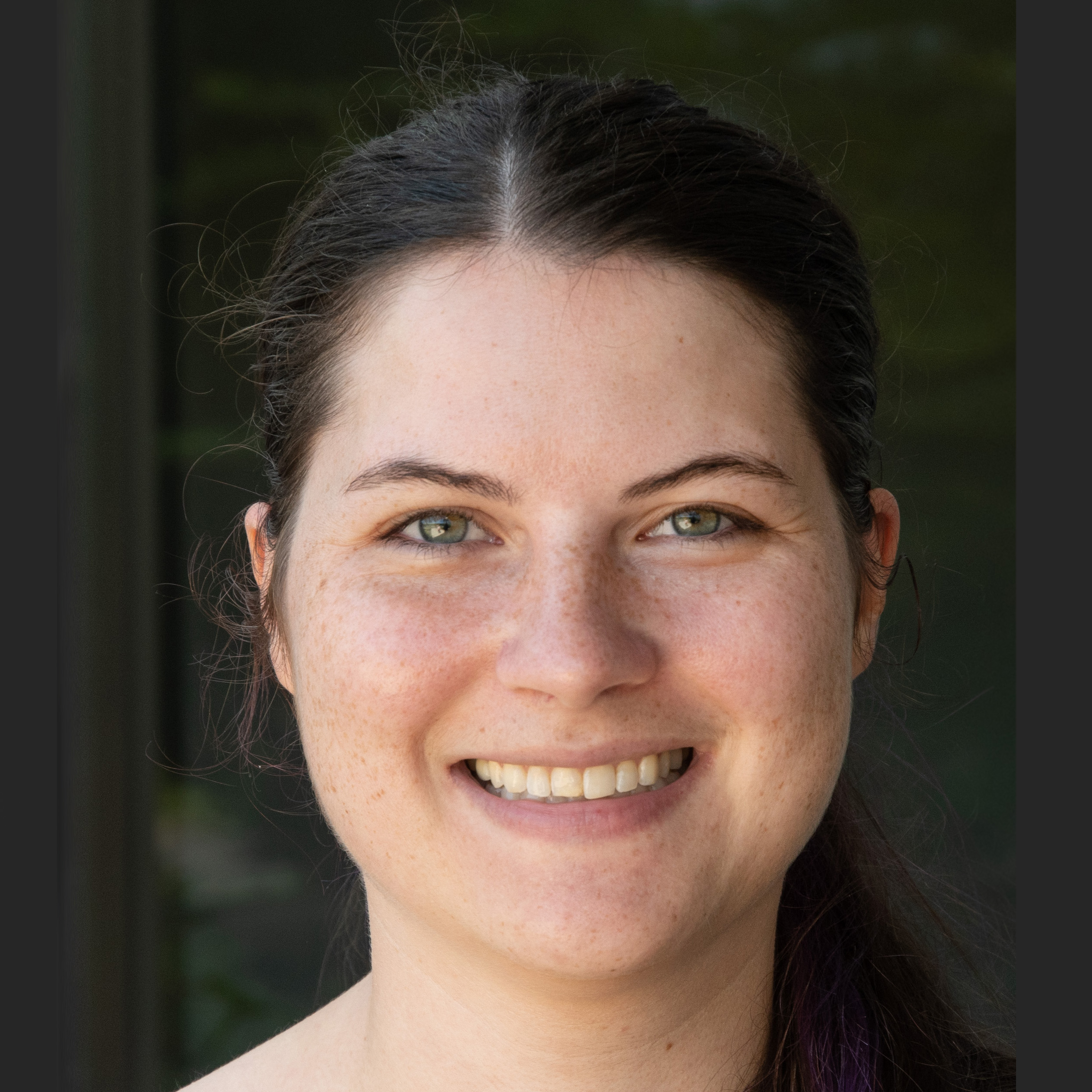Delaware State University, USAID enter historic partnership
Agreement will boost opportunities for students
DOVER — Dr. Tony Allen, president of Delaware State University, and Samantha Power, administrator of the U.S. Agency for International Development, signed a memorandum of understanding Monday — the first between a historically Black college/university and the agency.

You must be a member to read this story.
Join our family of readers for as little as $5 per month and support local, unbiased journalism.
Already a member? Log in to continue. Otherwise, follow the link below to join.
Please log in to continue |
Delaware State University, USAID enter historic partnership
Agreement will boost opportunities for students
DOVER — Dr. Tony Allen, president of Delaware State University, and Samantha Power, administrator of the U.S. Agency for International Development, signed a memorandum of understanding Monday — the first between a historically Black college/university and the agency.
“Today, as we sign this MOU, remember our vision: the most diverse contemporary HBCU in America,” Dr. Allen said. “In order for us to do that, we’ve got to do the little things and the big things well. Today is a big, big moment.”
The formal agreement between the two parties will provide learning opportunities for DSU students and new resources for researchers at the university, while making DSU a key manager of HBCU inputs on food, water and public health policy worldwide, according to a news release from DSU.
USAID is an independent agency of the federal government that works in international development and humanitarian efforts. It was founded in 1961 through an executive order by President John F. Kennedy.
“(USAID) spends tens of billions of dollars helping bring into being a more just, sustainable and vibrant world,” Sen. Chris Coons, D-Del., said during the announcement Monday.
Dr. Allen said USAID is “not an unlikely partner” for the university. He said HBCUs like DSU have established networks overseas and considerable agriculture-related technical expertise.
“(HBCUs) know how to work with low-income, dispersed rural and indigenous communities,” Dr. Allen said. “Think about that — we already do the work.”
He added that HBCUs often do not get acknowledged for those initiatives, saying, “We don’t always get the light. ... (But) this is a moment to get to the light, to lift up in a significant way that work.”
Ms. Power, a former United Nations ambassador whose visit to DSU on Monday marked her first domestic in-person appearance in her new USAID position, said this partnership will help change the trajectory of historic inequities in funding and opportunity given to HBCUs.
She said USAID is committing to hosting important conversations with DSU on topics of mutual interest. She listed climate-change adaptation, fighting malnutrition and strengthening water security as examples.
USAID also will utilize DSU faculty and staff to promote fellowship opportunities for both students and professors, she said. USAID and DSU will work together to create courses on international development, as well.
Dr. Allen said the partnership will benefit DSU’s Global Institute for Equity, Inclusion and Civil Rights.
Noting that DSU doesn’t need USAID’s help to make a difference on the global stage, Ms. Power said this agreement will help the agency offer even more solutions to coming crises.
“Even though you may not need our help, we need yours — Your expertise, your cutting-edge research, your willingness to anchor our engagement with other historically Black land grant universities,” she said. “That is going to strengthen the good that USAID and the United States as a whole does out there in the world. It helps usher in this new age of promise.”
Ms. Power continued, saying that prior to the Civil War, education had been reserved for elites. “(Education) trained wealthy White students in Latin and Greek,” she said. HBCUs then made technical education available to Black students, she said.
She gave a background on the history of land-grant universities, which focus on the teaching of practical agriculture, science and engineering. They were originally funded by the Morrill Acts of 1862 and 1890, and many HBCUs evolved from that funding.
With the challenges the nation and world face from COVID-19 and climate change, she said, there needs to be as much diversity among educated people as possible to find solutions that foster a “more equitable and prosperous future for the sons and daughters of toil all around the world.”
“To deliver on that potential, the U.S. government, and USAID specifically, have to do a better job tapping into the brilliance of American research institutions — especially our nation’s HBCUs,” Ms. Power said.
USAID has “fallen short” in its past engagement with HBCUs, she continued, adding that because of the lack of outreach on the agency’s part, many students at HBCUs do not know about it.
“If we are going to go to places that have not had access traditionally, we’re going to have to bring intentionality to that,” Ms. Power said. “We’re going to have to work at it, and that comes especially to recruiting a more diverse workforce.”
Pointing out that USAID’s logo depicts a handshake meant to represent “our nation’s embrace of those in need,” Ms. Power said the agency aims to commit itself to represent all American people.
Monday’s announcement is a step to change that, she said.
“Today’s MOU represents an important first step in changing our approach to partnerships.”

 By
By 



